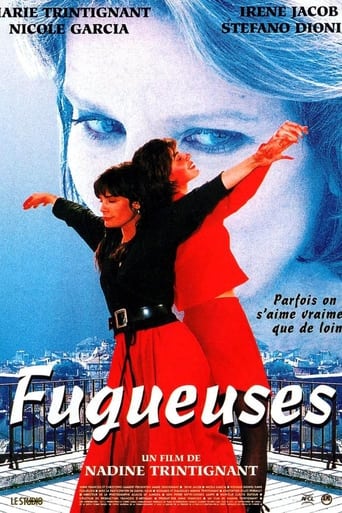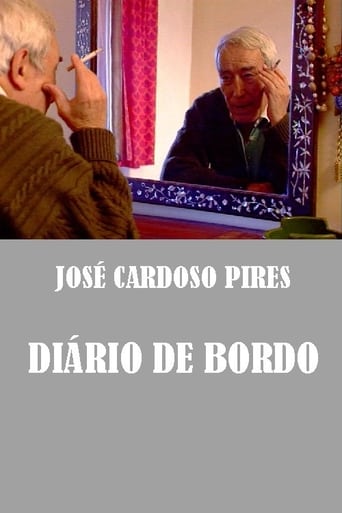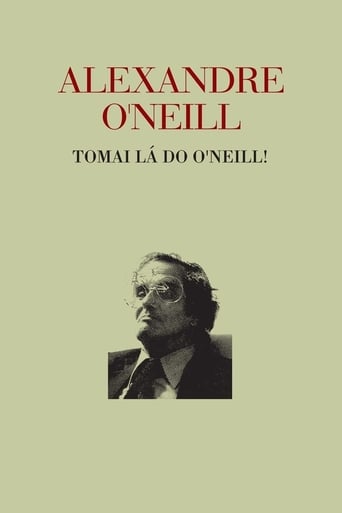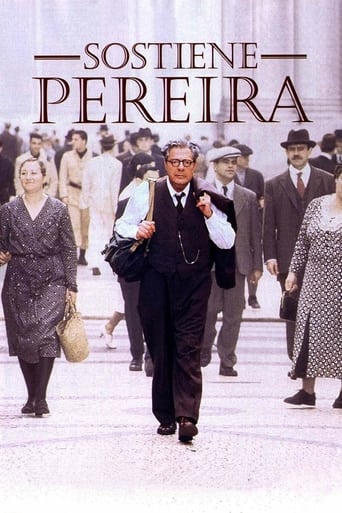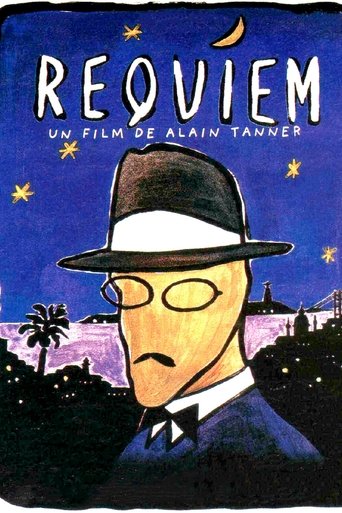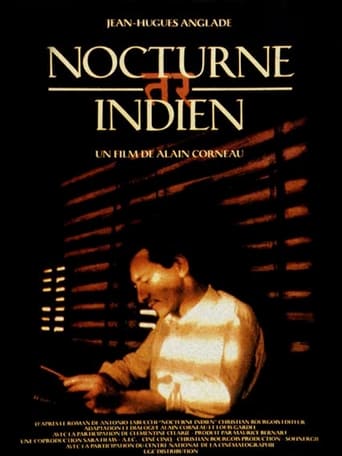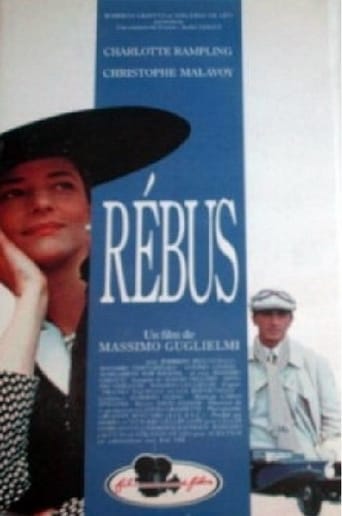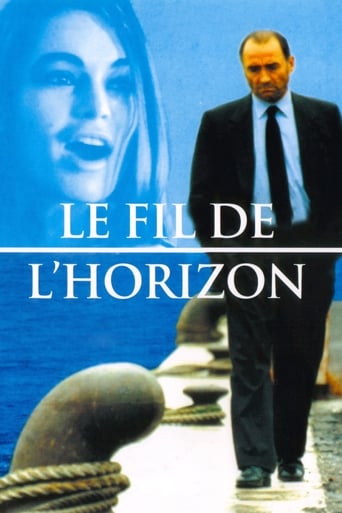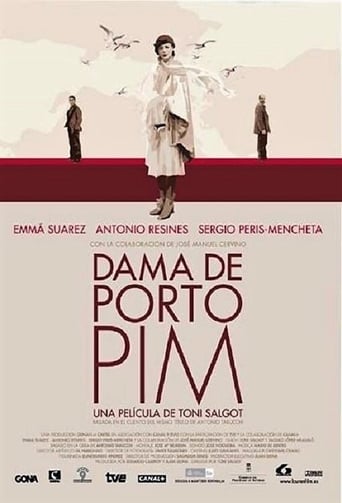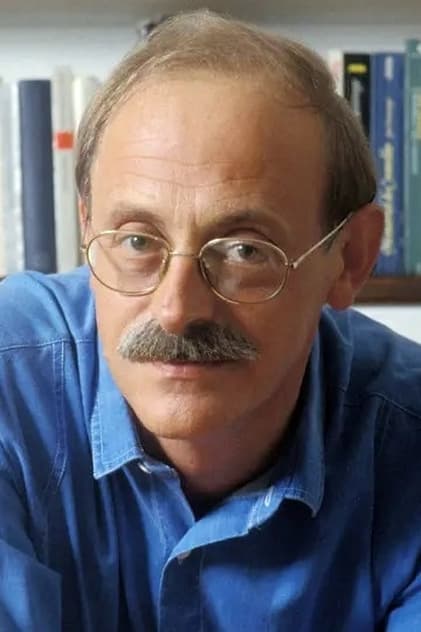
Antonio Tabucchi
Antonio Tabucchi (24 September 1943 – 25 March 2012) was an Italian writer and academic who taught Portuguese language and literature at the University of Siena, Italy. Deeply in love with Portugal, he was an expert, critic and translator of the works of Fernando Pessoa from whom he drew the conceptions of saudade, of fiction and of the heteronyms. Tabucchi was first introduced to Pessoa's works in the 1960s when attending the Sorbonne. He was so charmed that when he returned to Italy, he took an introductory course in Portuguese for a better comprehension of the poet. His books and essays have been translated in 18 countries. Together with his wife, Maria José de Lancastre, he translated many works by Pessoa into Italian and has written a book of essays and a comedy about the writer. Tabucchi was awarded the French prize "Médicis étranger" for Indian Nocturne (Notturno indiano) and the premio Campiello, and the Aristeion Prize for Sostiene Pereira. In later life, he was mentioned as a contender for the Nobel Prize in Literature, a feat he never achieved. Antonio Tabucchi was born in Pisa but grew up at his maternal grandparents' home in Vecchiano, a nearby village. During his years at university, he travelled widely around Europe on the trail of the authors he had encountered in his uncle's library. During one of these journeys, he found the poem "Tabacaria" (tobacco shop) in a bookstall near the Gare de Lyon in Paris, signed by Álvaro de Campos, one of the pen names of the Portuguese poet Fernando Pessoa. It was in the French translation by Pierre Hourcade. The book was a major influence on his writing life for at least twenty years. A visit to Lisbon sparked his love of the city of the fado and of that country as a whole. As a result, he graduated in 1969 with a thesis on "Surrealism in Portugal". He specialized at the Scuola Normale Superiore di Pisa in the seventies and in 1973 he was appointed as a teacher of Portuguese Language and Literature in Bologna. That year he wrote his first novel, Piazza d'Italia (Bompiani 1975), in which he tried to describe history from the losers' point of view, in this case, the Tuscan anarchists, in the tradition of great Italian writers of a more or less recent past, such as Giovanni Verga, Federico De Roberto, Giuseppe Tomasi Di Lampedusa, Beppe Fenoglio, and contemporary authors, like Vincenzo Consolo. In 1978, he was appointed to the University of Genoa, and published Il piccolo naviglio, followed by Il gioco del rovescio e altri racconti in 1981, and Donna di porto Pim (1983). His first important novel, Indian Nocturne, was published in 1984, and became the basis of a 1989 film directed by Alain Corneau. The protagonist tries to trace a friend who has disappeared in India but is actually searching for his own identity. ... Source: Article "Antonio Tabucchi" from Wikipedia in English, licensed under CC-BY-SA 3.0.
- عنوان: Antonio Tabucchi
- شعبية: 2.178
- معروف ب: Writing
- عيد الميلاد: 1943-09-29
- مكان الولادة: Pisa, Tuscany, Italy
- الصفحة الرئيسية:
- معروف أيضًا باسم:

